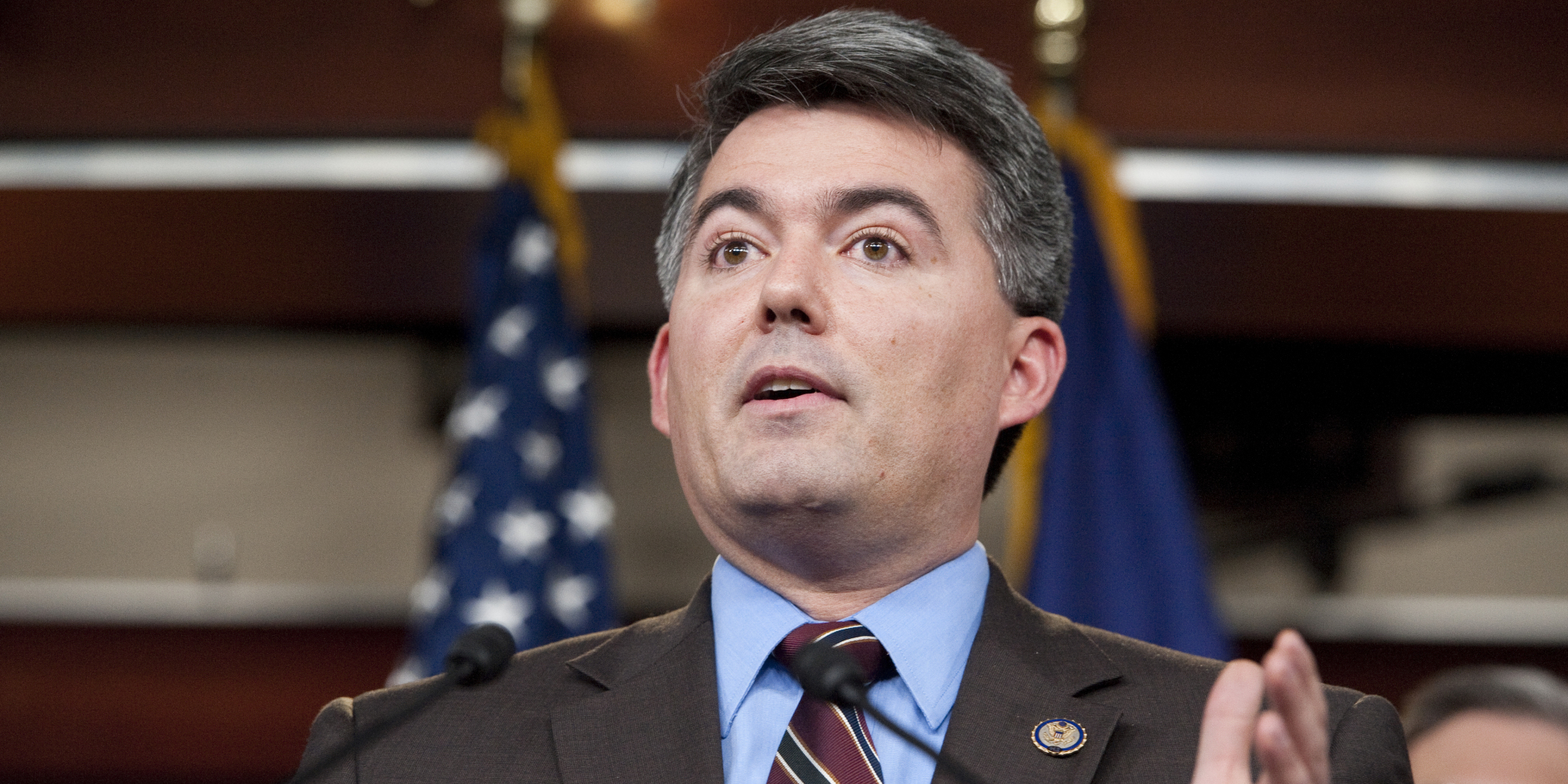On a conservative radio show yesterday, U.S. Sen. Cory Gardner (R-CO) proposed tying any increase in the U.S. debt limit to reducing government regulations, raising the specter of stock market gyrations and economic problems that have accompanied uncertainty about America’s commitment making payments on its debt in the past.
“Why don’t we put a measure in place that says, ‘If you increase the debt a dollar, then you have to decrease the regulatory burden by 15 percent or something like that,'” Gardner told KNUS 710-AM’host Krista Kafer Tuesday (at 48 min 25 sec. here). “Let’s make sure that we’re able to say, ‘You know what, if you’re going to do this, let’s make real government reforms happen and possible.”
Gardner pointed out that the federal government will have to extend the U.S. debt limit this summer.
Gardner once suggested linking any increase in the debt limit to cutting Obamacare, even saying he’d force a government shut down to do so. He later backtracked on this stance.
Gardner’s proposal would certainly be controversial, possibly causing anxiety and delay in Congress, and it appears to run counter to Trump Treasury Secretary Steven Mnuchin’s desire to raise the debt limit quickly.
“As I said in my confirmation hearing, honoring the full faith and credit of our outstanding debt is a critical commitment,” Mnuchin said recently in a letter to congressional leaders. “I encourage Congress to raise the debt limit at the first opportunity so that we can proceed with our joint priorities.”
During the campaign, Trump said it was “worth a fight” to stop any increase in the debt limit–a position that U.S. Rep. Mike Coffman has also held in the past, once saying he didn’t think it would be a “huge deal” to go over the so-called “fiscal cliff” and not extend the debt limit.
Republicans and Democrats increased the debt limit over 100 times (Bush and Reagan did it) until 2011, when an impasse occurred.




